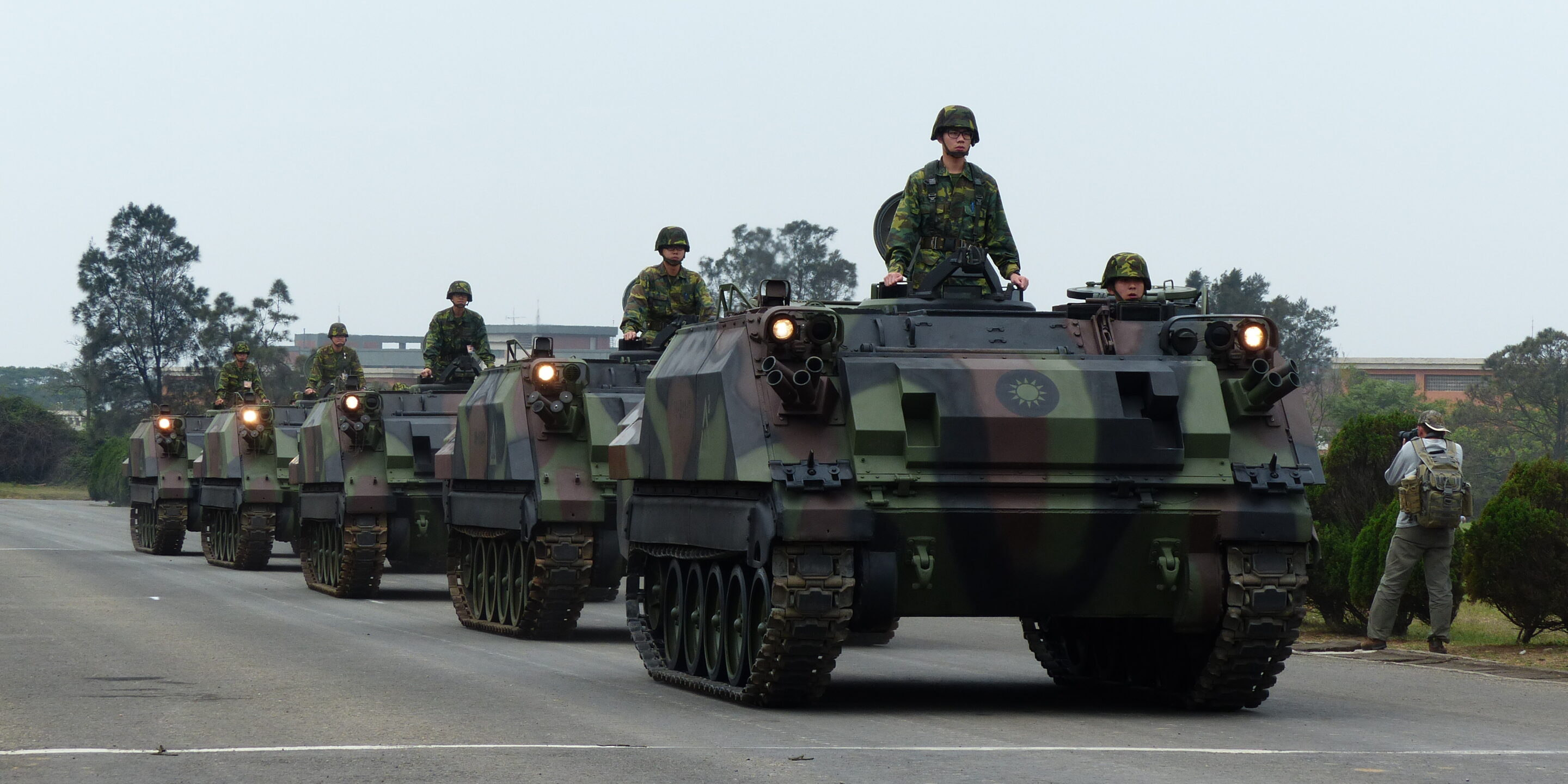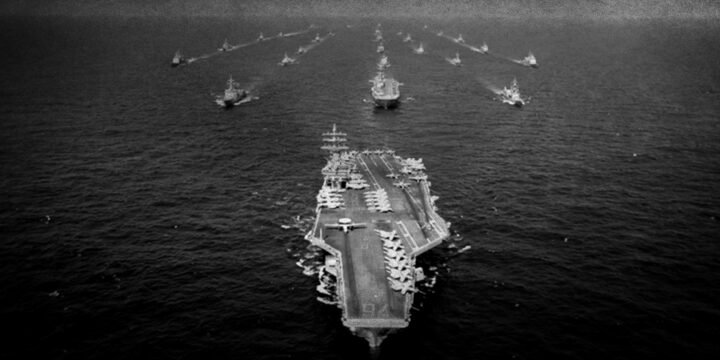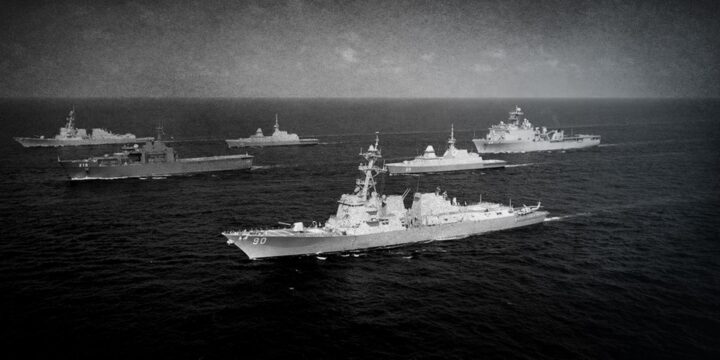In a Foreign Policy article titled “The Taiwan Fixation” published Tuesday, scholars Jennifer Kavanagh and Stephen Wertheim surveyed the political and economic consequences for the US of allowing Taiwan to come under Beijing’s control. They urged US leaders to create a plan that enables Taiwan’s self-defense while allowing the US to assist “from a distance,” and maintain its position in Asia regardless of a cross-strait conflict’s result.
Kavanagh and Wertheim wrote that this should be done by making US aid conditional on Taiwan’s defense spending and military reforms. They said Taiwan should be required to increase defense spending to 4% of GDP by 2030, and that US President Donald Trump should encourage Taiwan to increase military conscription to two “more intense” years.
Kavanagh and Wertheim wrote that the US’s second condition for military aid should be for Taiwan to develop an “asymmetric denial defense” strategy by boosting anti-ship missiles, sea mines, air defense systems, and cheap drones. They said these systems would make Taiwan better able to defend itself without direct US intervention, compared to the current strategy that prioritizes tanks, fighter jets, submarines, and other large defense assets.
More on Asia

By Jennifer Kavanagh and Dan Caldwell
July 9, 2025
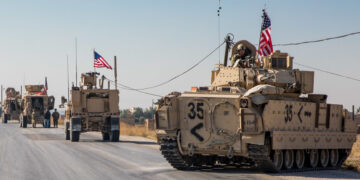
Featuring Jennifer Kavanagh and Dan Caldwell
July 9, 2025
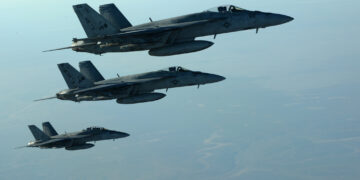
Featuring Lyle Goldstein
July 4, 2025
